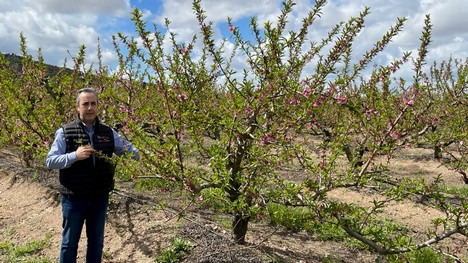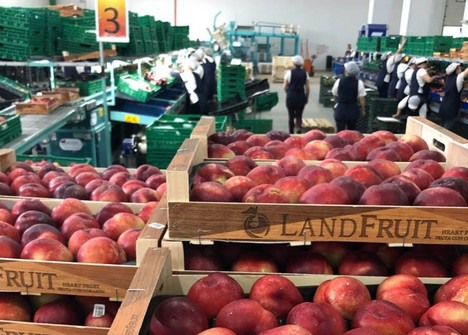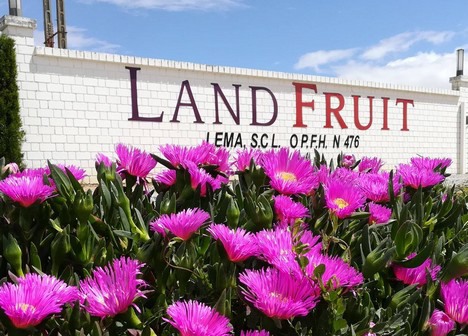The extra-early stone fruit season has started earlier this year in southern Spain, where the weather has had a positive impact on both the quantity and quality of the fruit.
"The 2022 season has kicked off with the extra-early fruit harvest starting 10 days earlier than in 2021 in Huelva, in week 12, as the fruit already has a good size and the right Brix levels," says Emiliano Andrade, partner of the Extremadura companies Landfruit and Lema.

At this time, these companies' production consists mostly of white and yellow-fleshed nectarines with a good color and flavor. "This extra-early fruit is mostly intended for supermarket chains in Central Europe, always with short or medium distance sales. At the moment, the weather in Central Europe is being favorable and beneficial for consumption and the demand is at the right level, always considering the quantities available," says Emiliano Andrade.
The harvest prospects for this 2022 stone fruit season are good, given the adequate weather conditions and correct productive levels, according to the producer and marketer. "With our extensive calendar of products and varieties, in line with market demand in terms of eating quality, freshness and long shelf life, we can expect a good commercial situation, with stable deliveries for 8 months, from April to November."
The season is starting in a context of high production and fruit handling costs, as well as strikes in the transport sector. "This situation may take a toll on sales and have a strong impact on commercial margins to allow acceptable results in all links of the value chain," says Emiliano Andrade.

"The transport strikes, the high increase in costs this season, both in the field and in handling and packaging facilities, and the rise in the price of agricultural diesel (from 0.50 € / l to 1.30 € / l) could create a challenging situation which will be hard to communicate to the customers and difficult to assume by the markets," he says.
"The current situation, marked by widespread instability, high inflation, war, energy conflicts, could lead to greater market imbalances in a sector with little room for commercial maneuver. At Landfruit and Lema we manage the whole production process in the field, the packaging and the marketing, including the transport in all stages."

"This means that we have to assume all the cost increases, and without the guarantee of being able to pass them on to the destination markets, since the price of the product depends largely on the supply and demand situation, the weather at destination and even the incursion of other countries in the European market, since Russia and Ukraine are no longer attractive markets. In short, it will be difficult to pass on the sharp increase in costs to the product's prices," says Emiliano Andrade.
 For more information:
For more information:[email protected]
